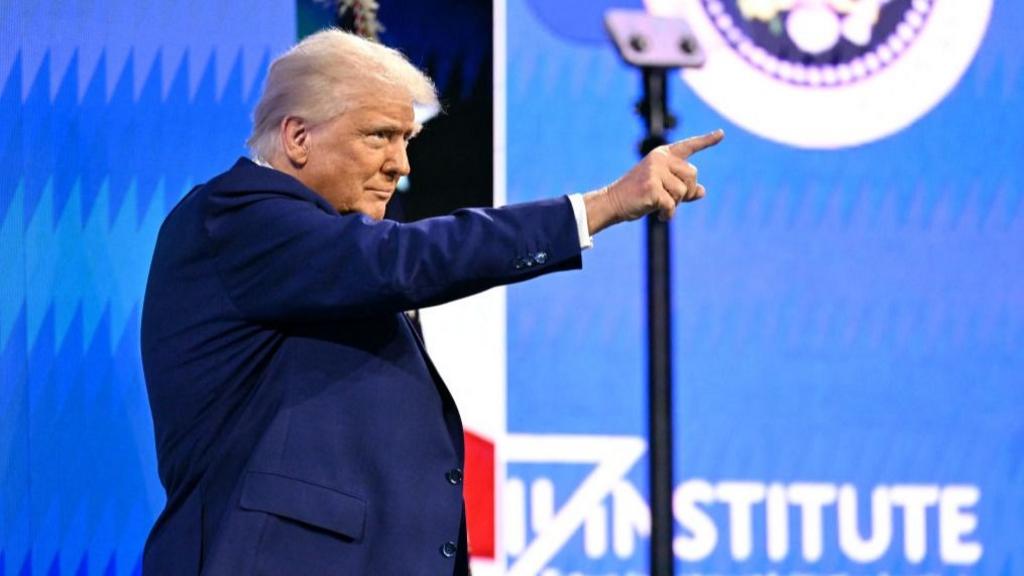WASHINGTON, D.C. — The Trump administration is directing Immigration and Customs Enforcement (ICE) agents to locate and track unaccompanied migrant children across the United States, a source familiar with the plan told media. The move is part of a new initiative that officials say aims to prevent human trafficking and other forms of exploitation but has raised concerns about deportation risks for thousands of minors.
Inside the ICE Initiative
An internal ICE document, titled “Unaccompanied Alien Children Joint Initiative Field Implementation,” outlines a four-phase plan designed to identify and process unaccompanied minors. While the initiative claims to focus on protecting children from trafficking and abuse, it also includes directives for issuing notices to appear in immigration court or proceeding with deportation if minors already face existing orders.
Since 2019, over 600,000 migrant children have crossed the U.S.-Mexico border without a legal guardian, according to government data.
The internal document details how ICE has categorized unaccompanied minors into three groups:
- Flight Risk
- Public Safety
- Border Security
Priority will be given to minors labeled as flight risks, especially those who have missed court hearings and have deportation orders pending, the source said.
Top 10 Must-Read Books: A Guide to the Hottest Page-Turners

Political Tensions and Data Disputes
This initiative comes amid ongoing debates over the handling of migrant children. Last year, Republicans accused the Biden administration of “losing” 300,000 migrant children — a figure that immigration advocates argue lacks critical context.
The claim originated from a Department of Homeland Security (DHS) internal watchdog report, which found that ICE failed to issue court notices to over 291,000 unaccompanied children. The report also revealed that more than 32,000 children had failed to appear at immigration hearings in the past five years, leaving ICE unable to account for their current locations.
Advocates Voice Concerns for Child Welfare
Wendy Young, President of Kids in Need of Defense, emphasized the unique vulnerabilities of migrant children and urged the government to approach the issue with care.
“The unique needs of children require the administration to ensure a level of care that takes into account their vulnerability while it determines whether they need long-term protection in the United States,” Young told media.
She stressed the importance of legal representation for children navigating complex immigration processes:
“To be successful in its goals, the government must partner with legal service providers and the vast network of private sector pro bono partners who provide millions of dollars in free legal services to ensure children understand the process and can share their reasons for seeking safety in the United States. Then the government can decide with confidence who needs protection and who can safely return to their country of origin,” she added.
Looking Ahead
While ICE claims the initiative is about safeguarding children, critics worry about its potential to fast-track deportations without adequately addressing the welfare and legal needs of vulnerable minors.
Reuters was the first to report the contents of the internal ICE document.






